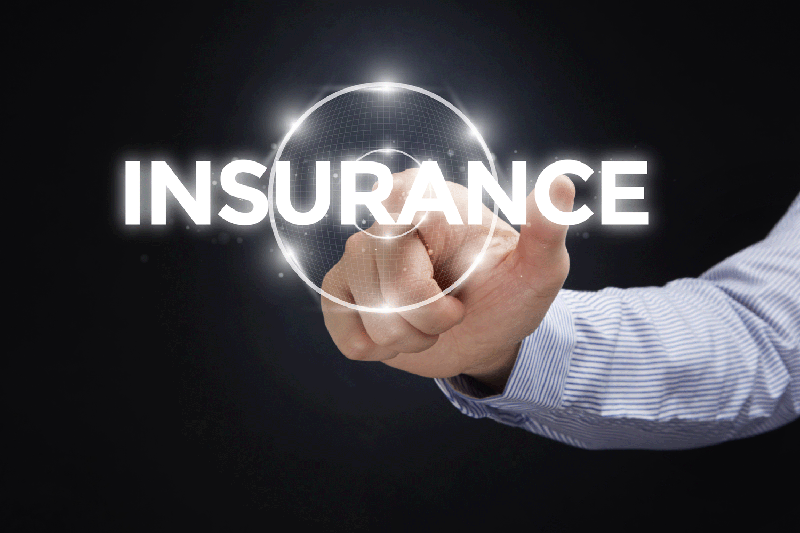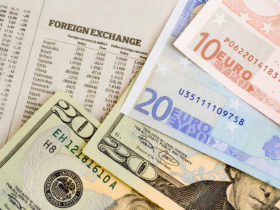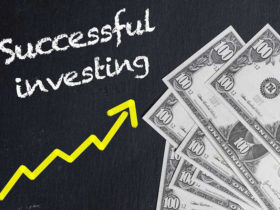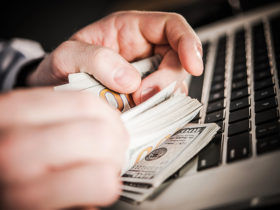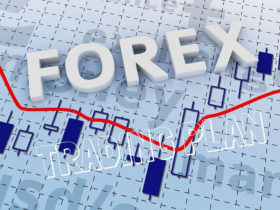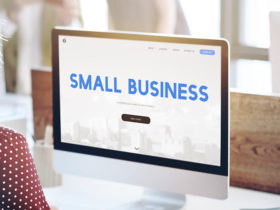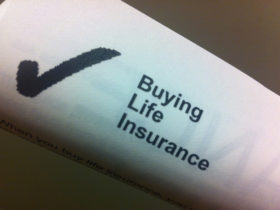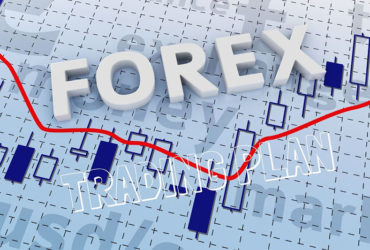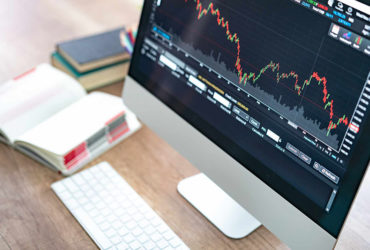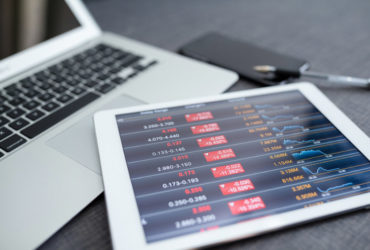Forex scam Expert Advisors (commercial automated trading software) abound in the forex trading arena. The result? Most people who trade forex lose money. Sources agree that only about 20% of all forex traders actually make consistent profits. Don’t be one of them.
Consider Pareto’s Principle, or "80/20 rule". It states that 80% productivity is due to 20% effort.
When you apply Pareto’s Principle to forex trading, it would mean that 80% of profits go to only 20% of forex traders. If you take the flip side of this principle, then that would mean 80% of all forex traders only make 20% of the profits (or no profits at all!).
Why is this happening? Forex scam Expert Advisors, or "EA’s", play a big role.
With the weakened state of global economies, more and more people are trying to find an easy solution to their financial problems. As a result, they become more susceptible to "get-rich-quick" schemes.
Many scammers are coming out of the woodwork, seeing plenty of opportunities in the forex trading arena to scam people out of their hard-earned cash. They market their EA’s as a way to make 1000%+ returns almost overnight. And all you have to do is install the automated trading software, forget about it, and let the money roll in!
Really? I don’t think so.
Unfortunately, given most people’s financial dire straits, many fall prey to these forex scam EA’s. They jump in head-first and purchase a highly-marketed EA, risk all or most of their capital to it, and end up frustrated and upset when the EA doesn’t deliver. Even worse, some end up in even a worse financial mess.
Most people are so desperate for financial solutions that they cannot see (or perhaps even ignore) the logic of the situation.
When looked at logically, it’s easy to realize that it simply doesn’t make sense for an extremely profitable EA to be marketed to the world. Why would it?
If an EA developer created a money-making machine, why would he need to sell it, let alone use aggressive marketing tactics to sell it?
Of course, there are always exceptions, but I believe that in general, it’s illogical that extremely profitable EA’s are marketed so aggressively.
Something’s amiss, and that something is usually that the EA isn’t what it’s marketed to be.
So are all EA’s a forex scam? No, but at the same time, I don’t believe any commercial EA will deliver the 1000%+ returns it promises. Don’t believe the hype.
With that said, a few commercial EA’s do exist that deliver consistent (albeit conservative) returns. The key is to find these "needles in the haystack" of junk, forex scam EA’s.
In your quest to find a legitimate EA, I provide 3 warning signs that may imply an EA might be a scam.
-
The Upsell – After you’ve purchased the EA, the marketer tries to upsell you with advanced EA features or other add-on products / services…but only if you pay extra for it. If this happens to you, be very careful. You could be dealing with a forex scam. Honest EA marketers will show you all the costs up front, including any add-ons. What you see is what you get.
-
High Commissions to Affiliates – This is a red flag that you could be dealing with a forex scam. When you visit the commercial EA’s website, look for the Affiliates link and see if you can find out the payout structure for affiliate marketers. If you can’t find it there, try looking up the EA on ClickBank or Plimus (where most commercial EA’s process payments). If the commission to affiliates is very high (i.e., over 50%), this is a warning sign. Why provide such a big incentive to sell the product? Maybe the EA is no good, so there’s a higher reliance on marketing efforts (especially through affiliates) to sell the product.
-
No Protection Mechanism – If you pay for a commercial EA which has no protection mechanism (i.e., there are no restrictions on where or how many times it can be installed), this may be a forex scam. How do you know this EA is not pirated or may already be provided for free elsewhere as shareware? Most developers of quality commercial EA’s will want to protect their product from piracy. One way to do that is via some type of protection mechanism when you install the product. A popular method is to provide you with a license or key, which you need to enter in order to activate your EA. Some go so far as to lock your EA to your specific broker account number. If you change brokers, then you would need to reset your license.
Identifying these warning signs will not guarantee that you will never buy a forex scam EA, but it should help you separate as much "wheat from the chaff" as possible, so to speak.
In any case, when you buy a commercial EA, do not commit all or even most of your precious capital to it. Take the time and effort to test it first, using a very conservative approach.
Start by testing it using fake money on a demo account. Only after several months of consistent (albeit fake) profits, can you test the EA on live money.
But even at this point, test it on a micro-lot trading account, where you risk only pennies instead of dollars.
Again, allow a period of several months for testing. Only after the EA has made consistent profits on your micro trading account over several months can you consider risking more capital to it (i.e., move it to a mini- or standard-lot trading account).
Testing an EA takes time and effort, but it’s the only way if you don’t want to lose your shirt to it.
By checking for the 3 warning signs of a forex scam EA, and by taking a conservative approach to EA testing, you protect your capital and might indeed find an EA that’s worthwhile.
Who knows? You might end up in the 20% of traders who make 80% of the profits!





